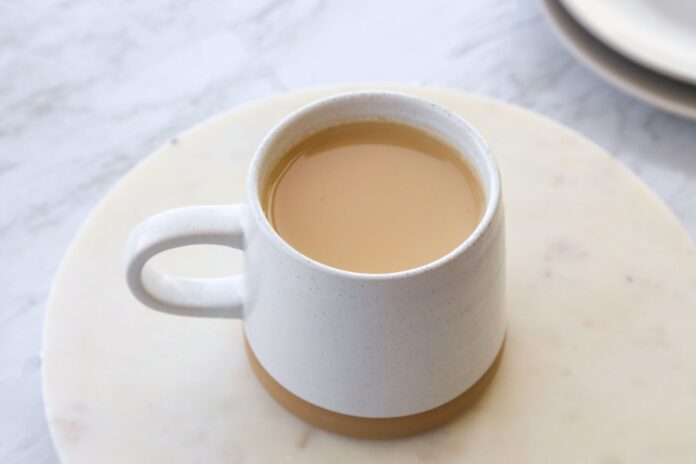Overcoming tea addiction can be challenging, especially if it has become a habitual or comforting part of your daily routine. Here are 10 practical tips to help you break free from tea addiction effectively:
1. Gradually Reduce Tea Consumption
- Instead of quitting tea abruptly, reduce the number of cups you consume daily. For example, if you drink 5 cups a day, reduce it to 4 for a week, then to 3, and so on.
- This prevents withdrawal symptoms like headaches and fatigue.
2. Replace Tea with Healthier Alternatives
- Switch to herbal teas like chamomile, peppermint, or ginger tea, which are caffeine-free and soothing.
- Warm water with lemon or infused water with fruits and herbs can also be a refreshing substitute.
3. Delay the First Cup
- Delay having your first cup of tea each day by 30 minutes to 1 hour.
- Gradually, you’ll reduce the craving for tea as your dependency decreases.
4. Identify Triggers
- Pinpoint when and why you feel the urge to drink tea.
- For example, if you associate tea with relaxation, find alternative ways to relax, such as deep breathing or a short walk.
5. Stay Hydrated
- Often, the urge for tea stems from dehydration.
- Drink plenty of water throughout the day to keep your body hydrated and reduce tea cravings.
6. Avoid Tempting Situations
- Avoid environments or routines that trigger your tea consumption, such as tea breaks at work or chai gatherings with friends.
- Inform your close circle about your goal so they can support you.
7. Use Smaller Cups
- If you can’t give up tea immediately, use smaller cups to reduce the quantity.
- Gradually, the reduced portion size will help diminish your dependency.
8. Engage in Alternative Activities
- Distract yourself with activities like reading, journaling, or physical exercise whenever you feel the urge to drink tea.
- Developing new habits can weaken old ones.
9. Focus on the Downsides of Addiction
- Remind yourself of the negative effects of excessive tea consumption, such as dependency, acidity, or disrupted sleep.
- This awareness can strengthen your determination.
10. Seek Professional Help if Necessary
- If your addiction is severe and self-help methods are not effective, consult a nutritionist or therapist.
- Behavioral therapy or dietary guidance can provide personalized solutions.
Pro-Tip: Combine Strategies
Using multiple strategies together, such as delaying your first cup, replacing it with herbal alternatives, and engaging in activities, will increase your success rate.



